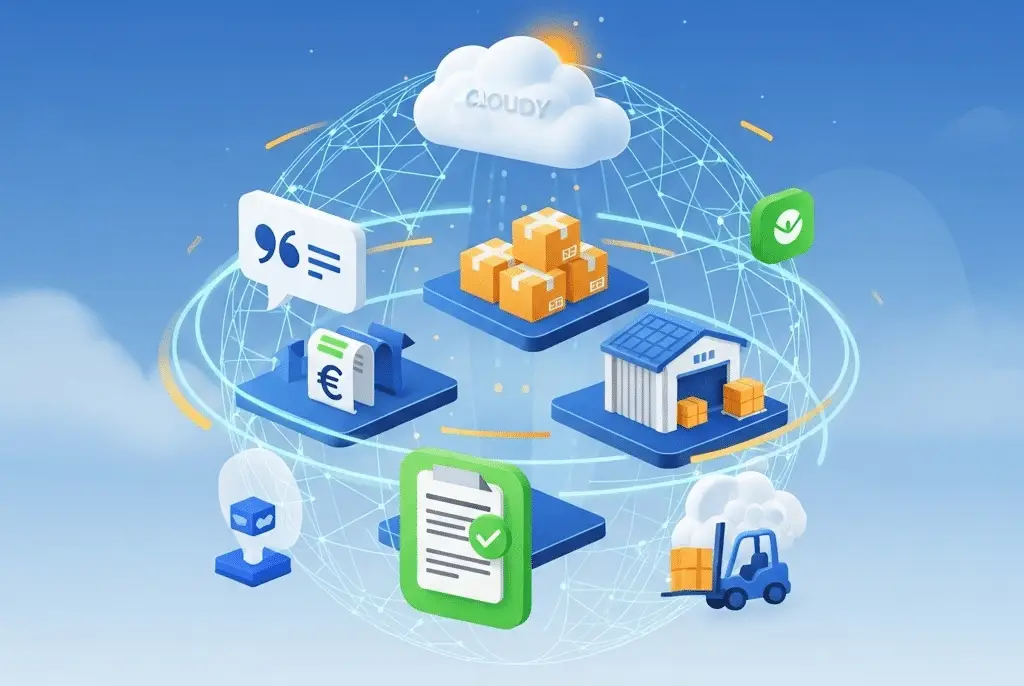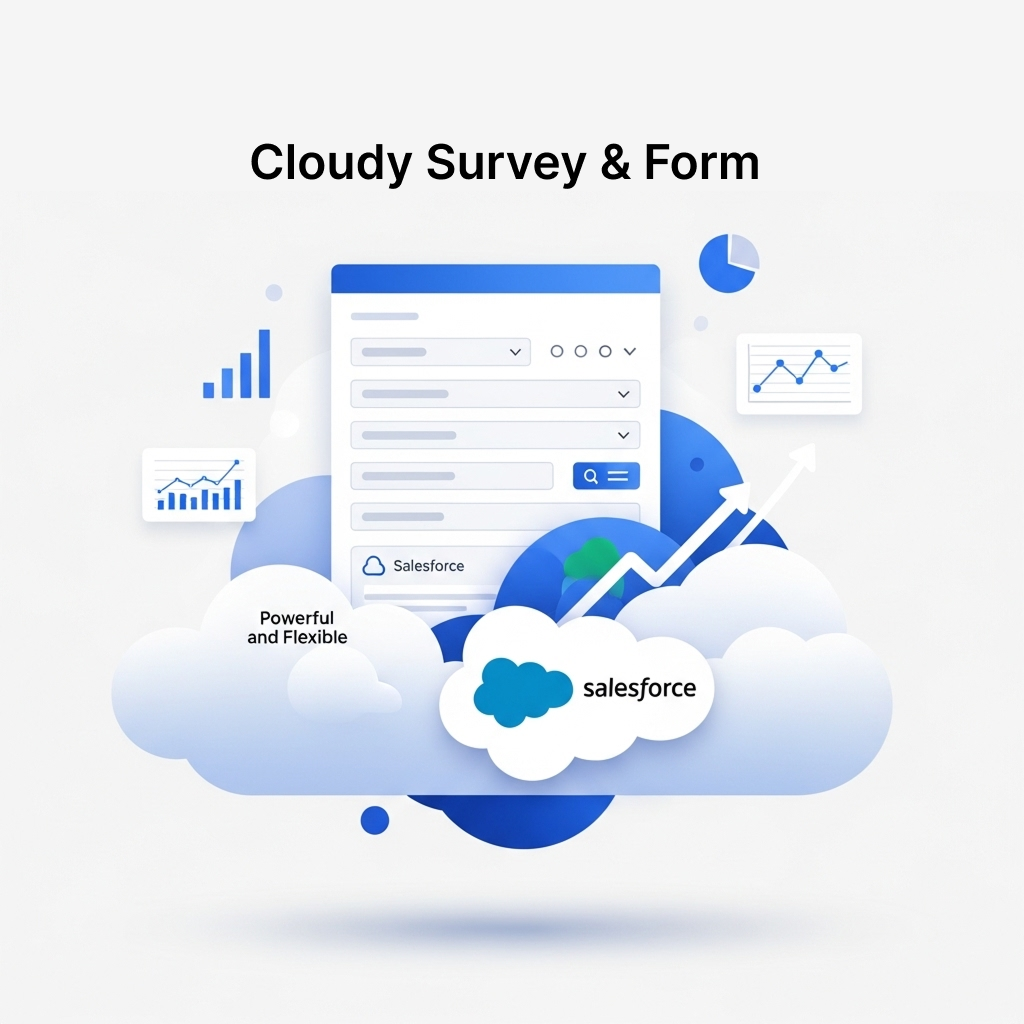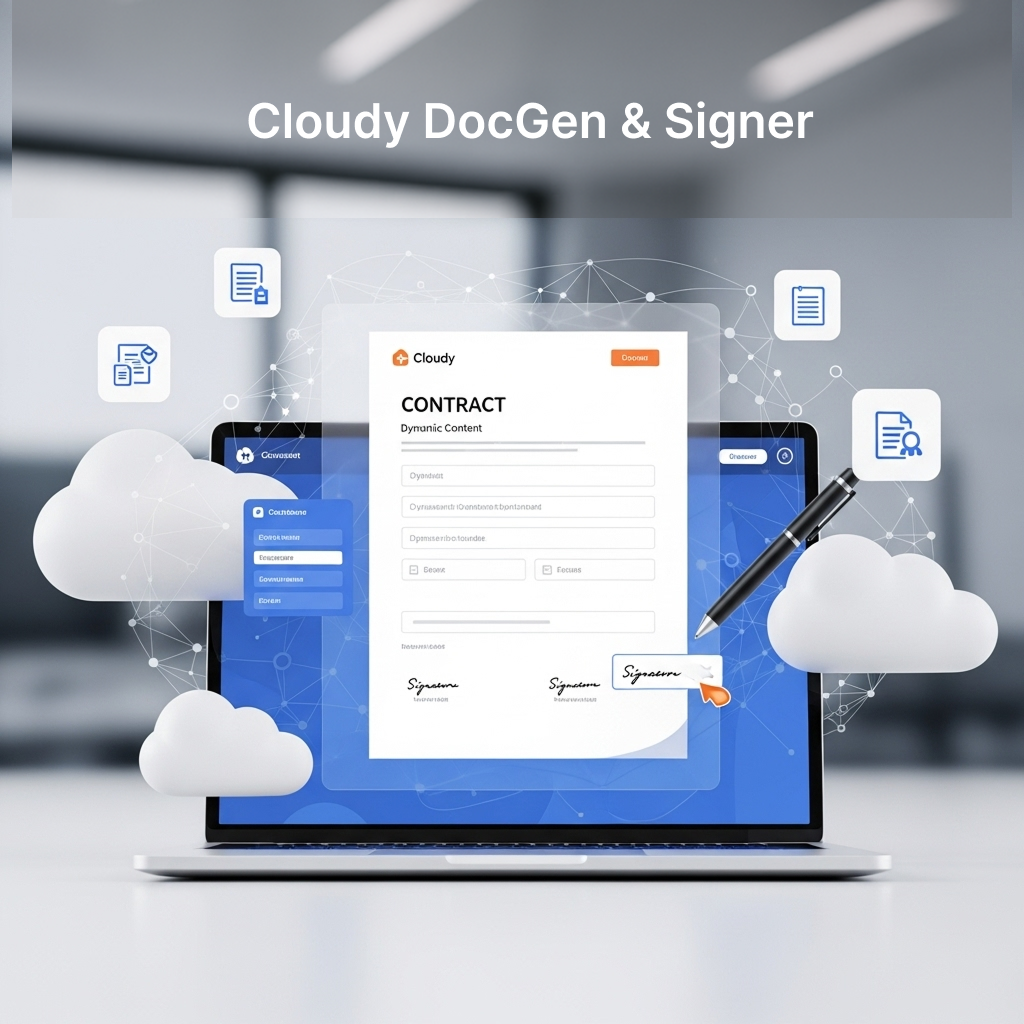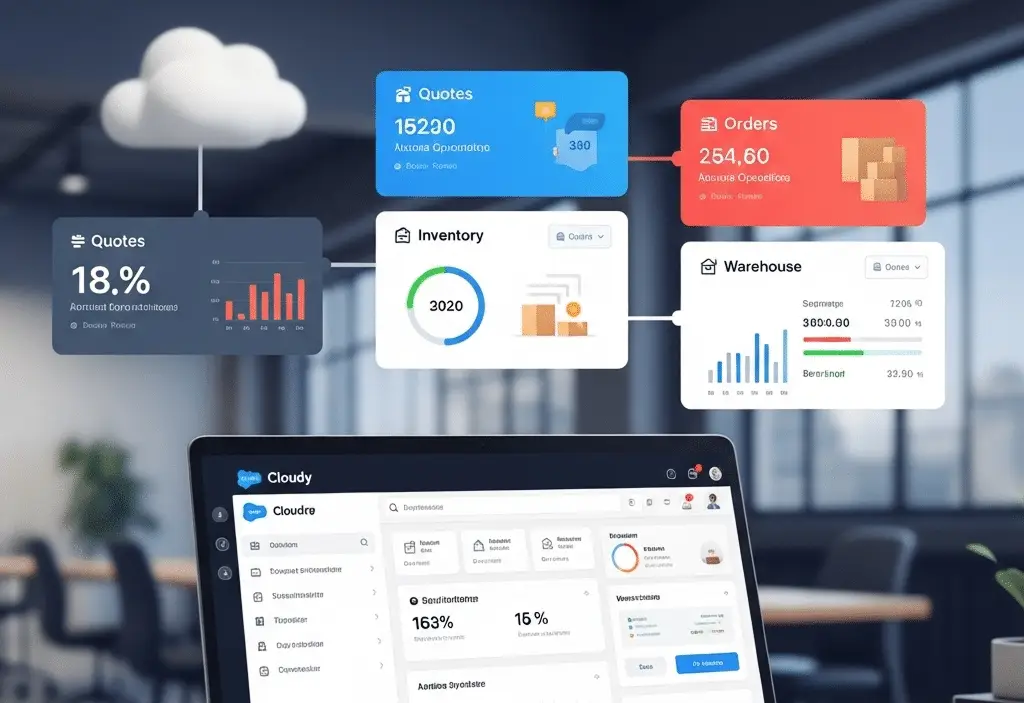
The Legal Entity object represents a legally recognized business unit within an organization in Cloudy Business Ops 360. It is a core component for managing operations, financial transactions, taxation, and document generation. Each Legal Entity can have unique business rules, payment settings, document templates, and operational parameters.
Essentially, a Legal Entity serves as the foundation for transactional operations such as Sales Orders, Invoices, Quotes, and Purchase Orders, while ensuring compliance with internal and regulatory requirements.
The Legal Entity object provides multiple setup options to configure various aspects of business operations. These include:
- General Settings – Control inventory tracking, allocation, quick item creation, sales order creation from quotes, and order fulfillment rules.
- Payment Reconciliation – Enable or disable payment reconciliation and select the type of reconciliation to be applied.
- Document Settings – Configure templates and terms & conditions for invoices, purchase orders, and quotes.
- Line Editor Settings – Customize line-level editor behavior for quotes, orders, and purchase orders.
- Tax Calculation Settings – Define tax calculation rules based on customer location or point-of-sale location.
- Payment Settings – Manage payment pages, headers, footers, and redirect URLs for payment success/failure.
- Other Advanced Settings – Configure public domain site integration, multicurrency support, and volume pricing.
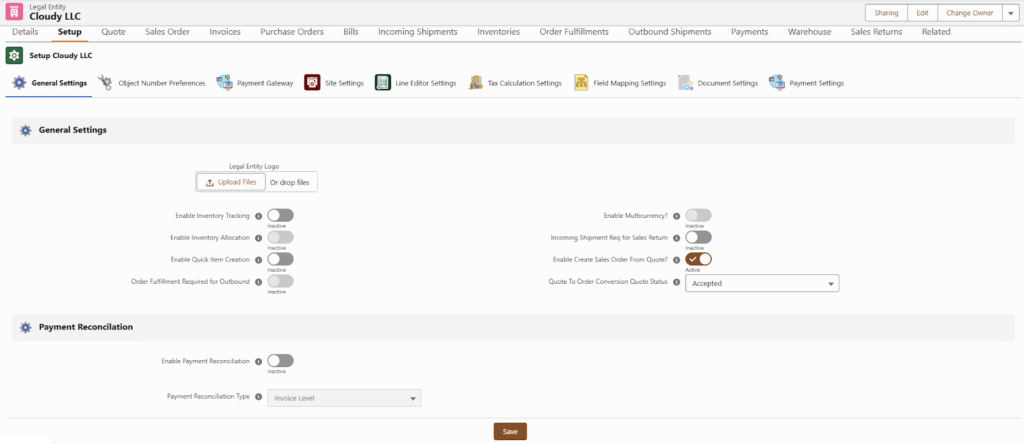
Checkbox Functionality
| Checkbox Field | Purpose |
| Active? | Marks the Legal Entity as active. Inactive entities are excluded from transactions and processes. |
| Create Purchase Order Automatically | Automatically generates purchase orders when defined business rules are met. |
| Default? | Sets the Legal Entity as the default choice for creating quotes, orders, or other transactions. |
| Delete SO Line Item From Order Amendment | Allows deletion of Sales Order line items when amending orders. |
| Enable Create Sales Order From Quote? | Converts accepted quotes into sales orders automatically. |
| Enable Inventory Allocation | Enables inventory allocation logic, reserving stock for orders. |
| Enable Inventory Tracking | Tracks inventory levels, movements, and stock availability. |
| Enable Multicurrency? | Supports multiple currencies for global operations. |
| Enable Payment Reconciliation | Enables invoice and payment reconciliation process. |
| Enable Price List? | Activates price list management for quoting and ordering. |
| Enable Quick Item Creation | Allows quick creation of new items directly from transaction screens. |
| Enable Quote To Opportunity Sync | Keeps quote information synchronized with its related opportunity. |
| Enable Redirect | Enables redirect URLs after payment success or failure. |
| Enable Volume Pricing | Applies volume-based pricing rules when selling in bulk quantities. |
| Incoming Shipment Req for Sales Return | Requires incoming shipment to be logged before processing sales returns. |
| Order Fulfillment Required for Outbound | Ensures that orders must be fulfilled before outbound shipping. |
| Show Web Payment Footer? | Displays footer text on web payment pages. |
| Show Web Payment Header? | Displays header text on web payment pages. |






